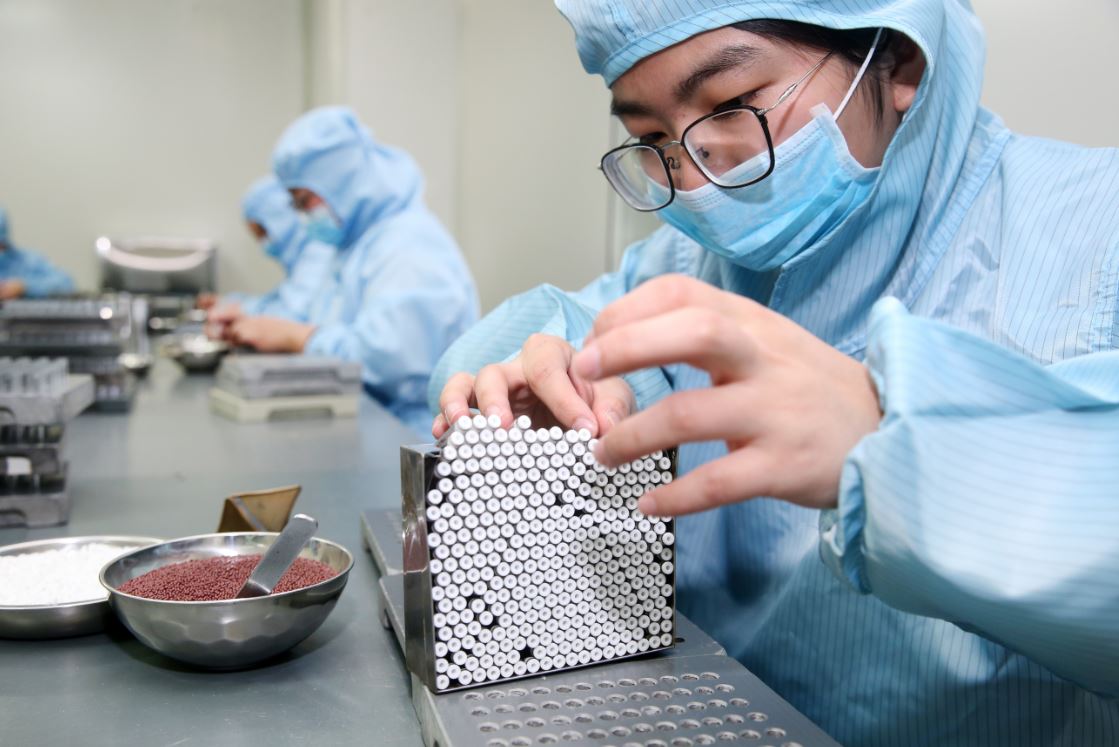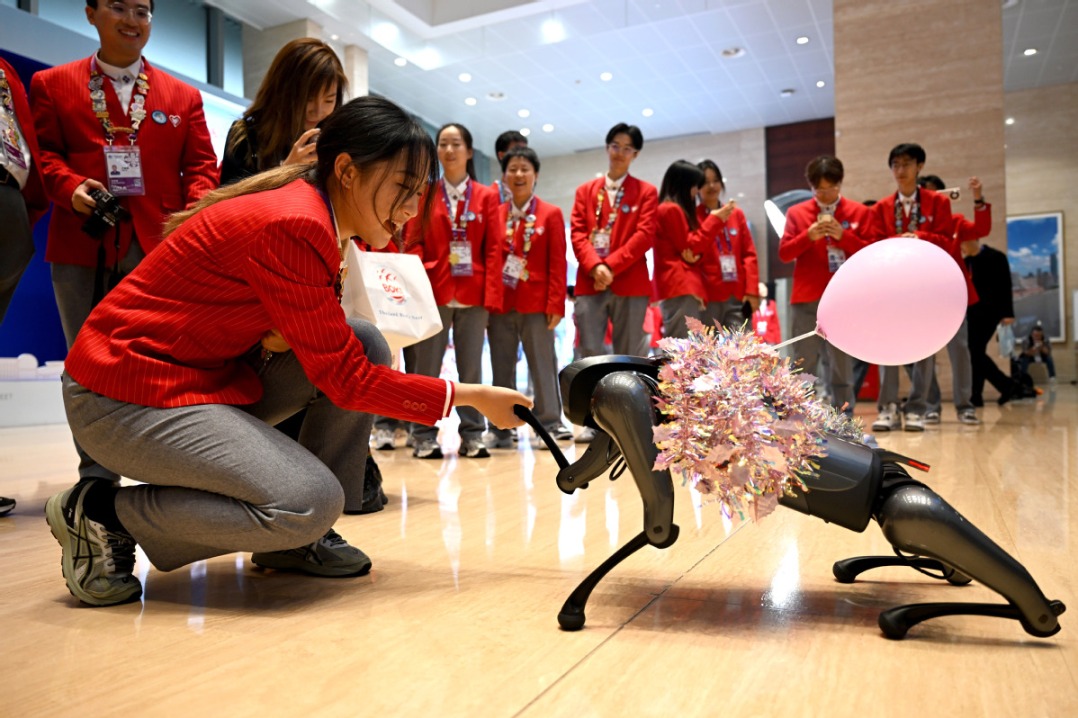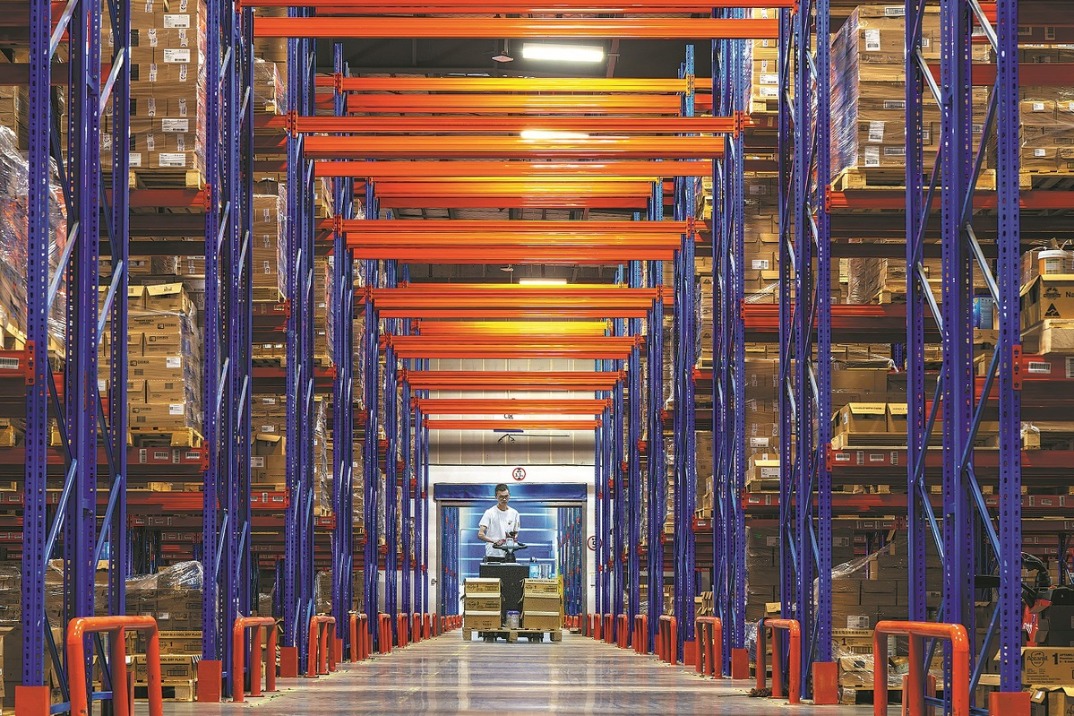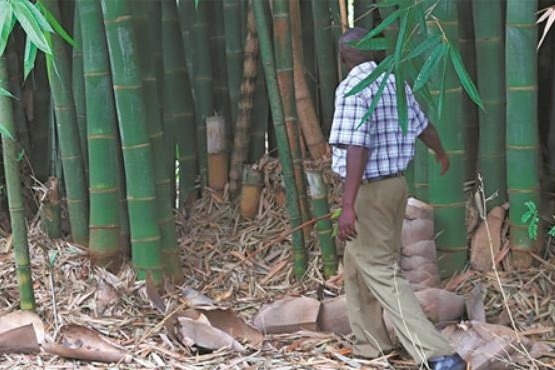Production bases to ensure steady supply of medicines


Pharmaceutical companies to stabilize output of drugs that are often scarce
Vigorous efforts by the Chinese authorities to boost the production of drugs that are often in short supply will help meet clinical demand, but there is a need to push harder on procurement and hospital use of those drugs to restore the balance between demand and supply under a market mechanism, industry experts said.
The Ministry of Industry and Information Technology, the National Health Commission, the National Development and Reform Commission and the National Medical Products Administration recently announced the selection of three pharmaceutical company alliances to establish the second batch of three new production bases for drugs that are clinically needed but are often in short supply.
The first list of three production bases was released in early 2019, and they were also formed with three pharmaceutical alliances.
In a joint notice, the three pharmaceutical alliances are led respectively by Grandpharma China Ltd Co and Guangzhou Pharmaceutical Holdings Ltd, Northeast Pharmaceutical Group Co Ltd, and North China Pharmaceutical Group Corp and CSPC Pharmaceutical Group Ltd.
The move is in line with a notice the four ministries co-released in early 2018 in which they would work together to organize the building of production bases to alleviate shortages of drugs with small-scale clinical demand.
In August, China's State Council also decided at an executive meeting to establish a long-term mechanism to prevent shortages and unreasonable price hikes of commonly used drugs. This included allowing producers to decide on the prices of drugs in shortage for a public procurement process without bidding to the authorities, and establishment of those production bases.
The production bases are expected to make use of the resources of member companies to scale up production, and ultimately to stabilize output and supply by 2020 for 100 titles of drugs that are often scarce.
Pharmaceutical companies on the two lists have expanded to provide cover all over the country. This will help coordinate production on a national basis for drugs that are scarce, as those selected are among the top domestic pharmaceuticals that have a rich product portfolio, strong quality control, and wide distribution network, industry experts said.
China introduced a market-oriented drug pricing reform in 2015 to replace the government's direct control over drug prices. It granted more pricing and negotiation flexibility to pharmaceutical companies, which in turn significantly raised the productivity of the sector.
But short supplies of some common drugs that have low prices and a small clinical demand are becoming a problem that has often hit the news headlines in recent years.
Shi Lichen, founder of Beijing Dingchen Consultancy, a medical consulting company in Beijing, said the undersupply usually occurs among low-price or reimbursable drugs when manufacturers are not capable or willing to continue their production due to low profitability caused by increases in manufacturing costs of items like active pharmaceutical ingredients.
Reductions in prescriptions, purchases and delayed payment from hospital buyers also reduced the confidence of manufacturers in the market, Shi said.
"The introduction of production bases will help secure production capacity for drugs that are often in short supply. But more measures that ensure public procurement, hospital use and timely payment are needed so that the companies will actually use the capacity," he said.
Shi suggested establishing a national surveillance system to deal with hospital behavior that affects the ability of pharmaceutical companies to produce and supply drugs. That includes the avoidance of prescription or procurement of the drugs on the national or regional shortage list, along with delays in payment.
The current public bidding and procurement process usually only decides the drug price, but not the amount that is purchased. The ongoing drug bulk-buying program guarantees to some extent both drug quality and quantity, he explained.
Shan Shenggao, executive president of Shanxi Quality Association for Pharmaceuticals, observed that drug undersupply is often accompanied by price hikes that in many cases are caused by illegal manipulation of the price and production of active pharmaceutical ingredients.
He pointed out that as the selected companies are mainly State-owned or publicly listed, they are expected to strictly follow laws and regulations to avoid scandals such as malicious reduction in production and supply in pursuit of improper profits.
He also said more measures should be taken so that the market could play a decisive role in the drug pricing mechanism, including effectively striking at illegal behavior that manipulates the supply and price of active pharmaceutical ingredients.
It is also important for the drug prices to fluctuate within a normal range as a reflection of the dynamics of market forces to avoid such malicious manipulation, Shan added.




































